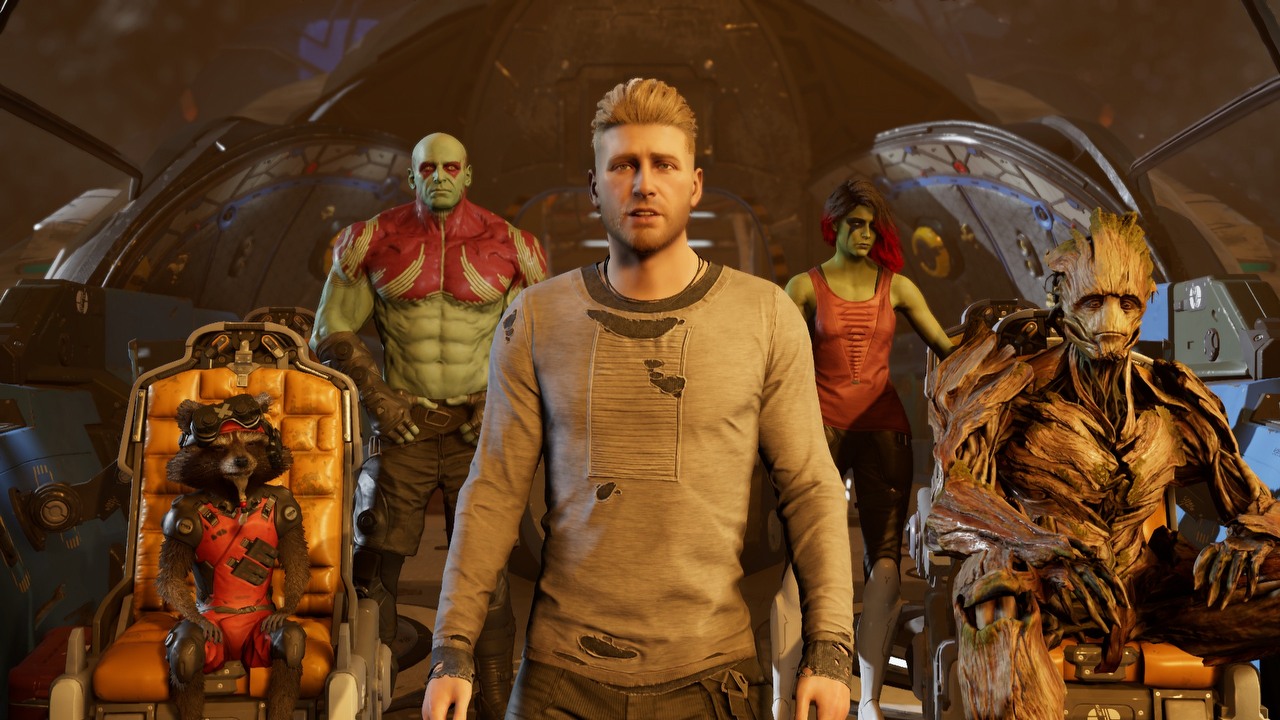Square Enix Sold Tomb Raider and Deus Ex so They Wouldn't 'Cannibalize' Other Games
Square Enix has explained why it sold its Western studios. The publisher was said to be concerned that their games would 'cannibalize' the sales of the corporation's Japanese titles.

One of the most surprising events this year in the video game industry was the acquisition of Crystal Dynamics, Eidos Montreal and Square Enix Montreal, along with the rights to a number of brands, such as Tomb Raider, Deus Ex and Legacy of Kain, by the Embracer Group. Now we have learned, what were the motives behind this transaction.
Why Square Enix sold its western development studios
The previous owner of these teams and franchises, Square Enix, has just released a financial report, and during its presentation, representatives of the publisher explained why the decision was made to make this sale.
- Square Enix feared that games from these Western brands would "cannibalize" games sales of the company's Japanese teams.
- Getting rid of these studios along with the brands freed up funds that the company can invest in development and marketing of its other projects.
- Representatives of the publisher emphasize that game development costs are rising all the time, which is why Square Enix must be very careful in selecting the projects in which it invests.
- A further reduction of the company's activities is under consideration when it comes to financing European and American games and increasing investment in Japanese titles.
- Square Enix is also considering selling stock of its other studios, with Sony and Tencent, among others, mentioned as potential investors.
Recall that Square Enix did not sell all its western series to the Embracer group. The company still owns the brands Just Cause, Outriders and Life Is Strange and they will be further developed. It is worth noting that all of these projects are not being developed by studios owned by the Japanese publisher.
Square Enix's management of Western developers was a "disaster."
In this context, it is worth mentioning a statement from late July by Stephane D'Astous, the founder of Eidos Montreal, in an interview with GamesIndustry.biz.
- D'Astous described the management run by Square Enix as disastrous. There was no indication that this could change in the future, so he is not surprised that the publisher sold its Western studios. The only surprise was the low price the Embracer Group had to pay for these teams and brands (a mere $300 million).
- Stephane D'Astous points out that IO Interactive, the studio known from Hitman, revived after Square Enix ceased to own the studio, so he hopes the same will happen with Crystal Dynamics, Eidos Montreal and Square Enix Montreal.
- According to him, Eidos was a great company in terms of how it treated its development teams, but it had problems adequately promoting games. As a result, many excellent titled performed worse than they deserved. When Square Enix took over the publisher along with its studios in 2009, D'Astous was optimistic, but in the end the new owner proved to be a major disappointment.
- The main reason for the problems was Square Enix's unrealistic expectations. For example, in 2012 the publisher told the people at Eidos Montreal that it expected the studio's profits to reach $65 million. In reality, the team ended the year with a loss of this amount - and this should not be a surprise, since the developer had no game scheduled for release in 2012.
- In every report, Square Enix publicly highlighted its dissatisfaction with the performance of Western developers, which took a heavy toll the team's morale.
0

Author: Adrian Werner
A true veteran of the Gamepressure newsroom, writing continuously since 2009 and still not having enough. He caught the gaming bug thanks to playing on his friend's ZX Spectrum. Then he switched to his own Commodore 64, and after a short adventure with 16-bit consoles, he forever entrusted his heart to PC games. A fan of niche productions, especially adventure games, RPGs and games of the immersive sim genre, as well as a mod enthusiast. Apart from games, he devourers stories in every form - books, series, movies, and comics.
Latest News
- Elite Mod lets you play the Tau faction in Warhammer 40K: Dawn of War 2
- Huge Marvel Adventures mod now with new superheroes, including Sentry
- Butcher's Summit, an impressive free diselpunk FPS, has been released
- Free FPS on Half Life engine gets big update
- On February 3, gaming history could change forever. Red Dead Redemption 2 one step away from a major achievement

